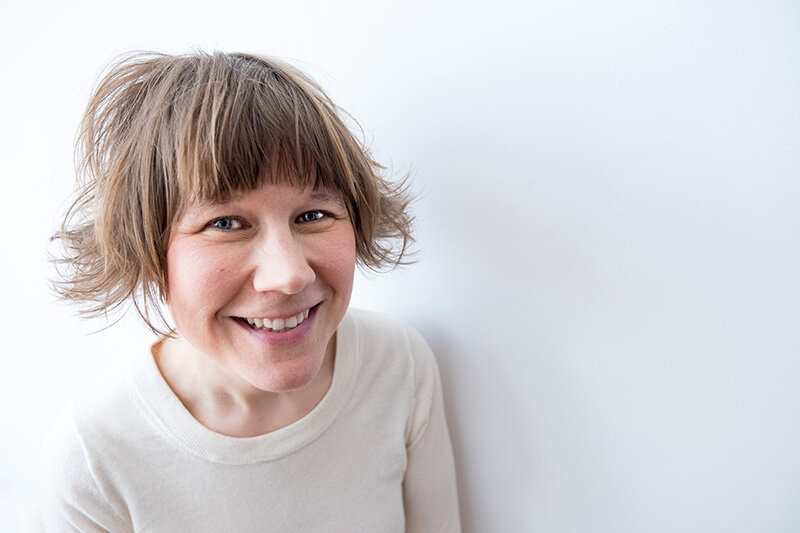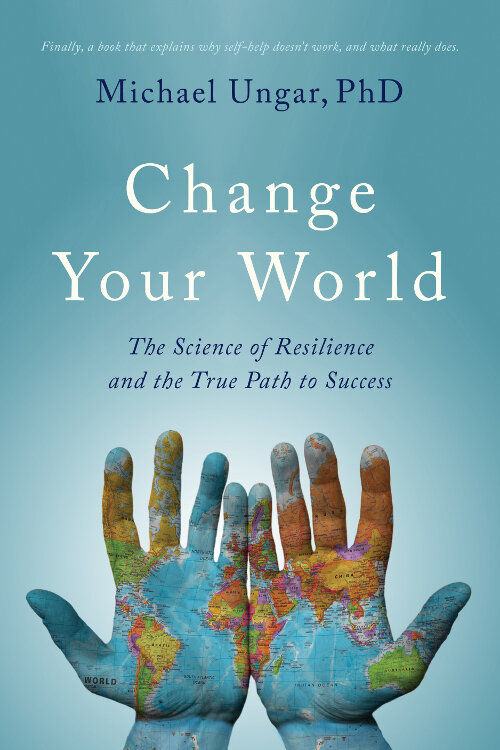I’m back with another book pairing—a recommendation of a book that you’re likely to enjoy if you enjoyed my most recent book, Happy Parents, Happy Kids.
This time, I want to shine a spotlight on Lean Out: A Meditation on the Madness of Modern Life by Tara Henley, a book that’s one part memoir and one part call to action to fix the many things that are badly broken right now.
What the two books have in common is a fierce belief in the power of community: of the importance of embracing our interconnectedness as humans and working together to mend our badly fraying social fabric.
As Tara Henley concludes in her powerful call to action in the final pages of the book, “We are all in this together. And if we want to save our society, we’re going to have to start acting like it.”
I recently had the opportunity to speak with Tara Henley about her book. What follows are the highlights of that conversation: my questions and Tara’s answers.
Q: The world of work has expanded to take up so much space in our lives, and, over the course of the pandemic, the blurring of lines between work and life have pretty much been erased for many people. In what way has that contributed to “the madness of modern life” over the course of the past year?
Tara Henley: I think we're now living the end game of everything that I wrote about in the book. Really, all of the destructive trends have intensified. The tendency for us to connect to our screens as opposed to in person has intensified. Our work hours have intensified. And all of the things that used to buffer us from the stress of work are gone. We don't have face-to-face connection. We don't have a life out in the world. We don't even have hugs right now.
And the incentives to not work around the clock are also gone. Many people that I've talked to tell me that they feel guilty when they're not working, because there's no plausible excuse for not working. And people are also working out of boredom. There's nothing else to do. At least work stimulates the brain.
So, all of the stuff I wrote about in the book is intensified. And it's not sustainable from any perspective. That’s why I think it is a good idea, right now, to really notice how unsatisfying this life is, so we can hopefully make changes when we come out of the pandemic.
Q: Over the course of the pandemic, I’ve found myself really craving the kinds of deep conversations that are possible when you are able to get together face-to-face with other people in the community. I’m wondering if we’ll value community even more when we come out the other side of this pandemic, as opposed to the more limited kinds of conversations that are possible via social media or even Zoom! Any thoughts about that?
Tara Henley: I feel really optimistic about that. I think we will embrace it so much when we're allowed to get together again. That said, I think the technology is always going to be a massive temptation for us. It's so addictive…and we've also seen, this past year, how incredibly destructive it can be.
I think that those are bigger questions for our society. And I don't think those questions should be left to the individual. I think that we need a concerted government effort to look at regulation and consider the role that technology should play in our lives.
Q: The pandemic has also highlighted the fact that systemic problems require systemic solutions. I get frustrated by how often the conversation veers toward individual solutions. It’s pretty clear that we’re not going to be able to self-help our way out of climate change or the other wickedly complicated problems we are facing in our world right now. Is that something you think about?
Tara Henley: So, over the course of writing my book, I went from really being steeped in self-help culture -- because I grew up on the West Coast and that is the air that you breathe out there -- to thinking that it was helpful, in some ways, but not so helpful in others; to thinking it's actually destructive.
I believe that it is destructive because it is the wrong tool for our time. The problems that we're facing as a society are massive. They are structural. They cannot be solved at the level of the individual. Climate change is the perfect example. It's not going to be solved by one person taking cloth bags to Whole Foods. That's just not going to work.
Tara Henley, author, Lean Out
Of course, none of that is to say that individual efforts don't matter. I think a lot about the force of kindness: how in times of disaster you see people doing extraordinary things for one another. And we did see some of that in the first months of the pandemic. The thing that is so difficult about this pandemic is that we're so isolated. I know that people in my neighbourhood are struggling. I just don't know who they are. I can't see them. I'm in my house alone.
So, I think the self-help conversation is a tricky one because I do think our individual attitudes matter. On the other hand, I think it really matters that we start thinking in terms of the greater good and the collective and being driven by altruism and kindness and care for our neighbours. That really, really matters.
But the self-help idea that, "I need to be focused on myself and my own problems; my own inner healing and my own self-actualization and my own self care" -- I just don't believe in that at all anymore. And when you translate that to the big issues of our time, I think it's a distraction. Not only do I think it doesn't work: I think it's a distraction. And I don't think we can afford distractions right now.






